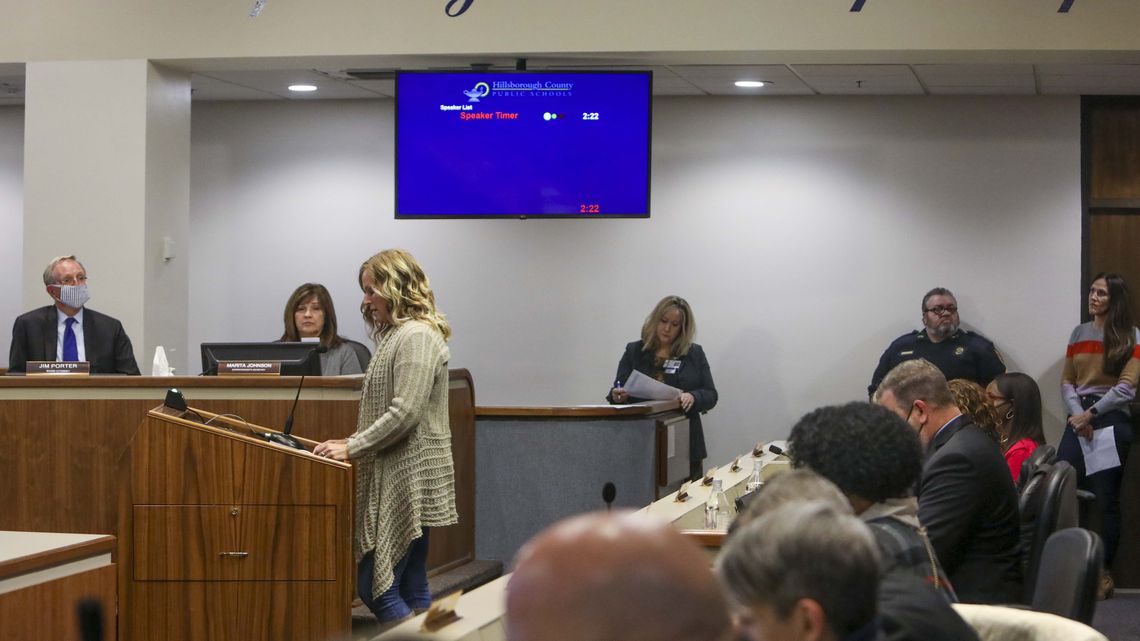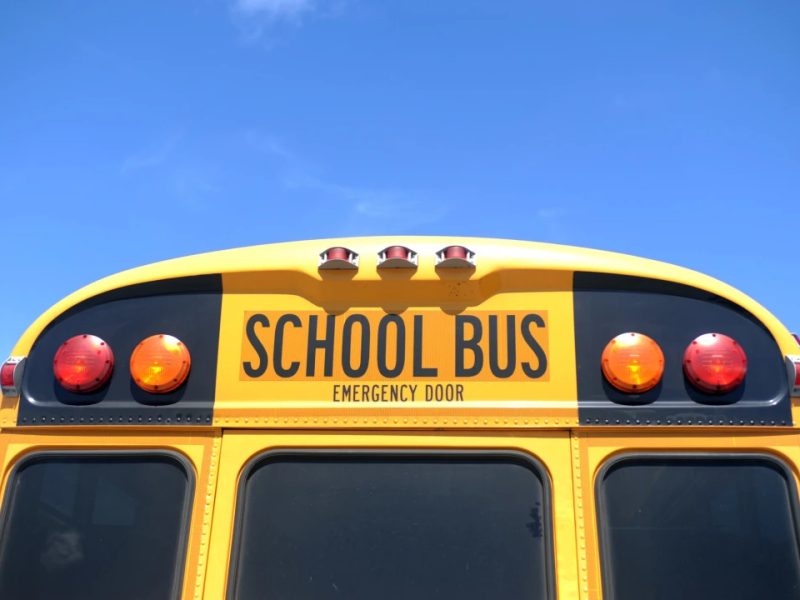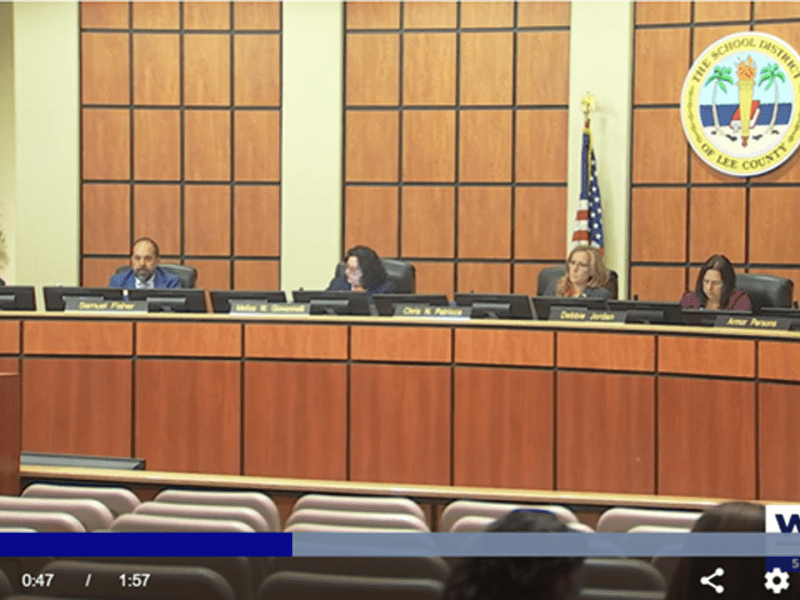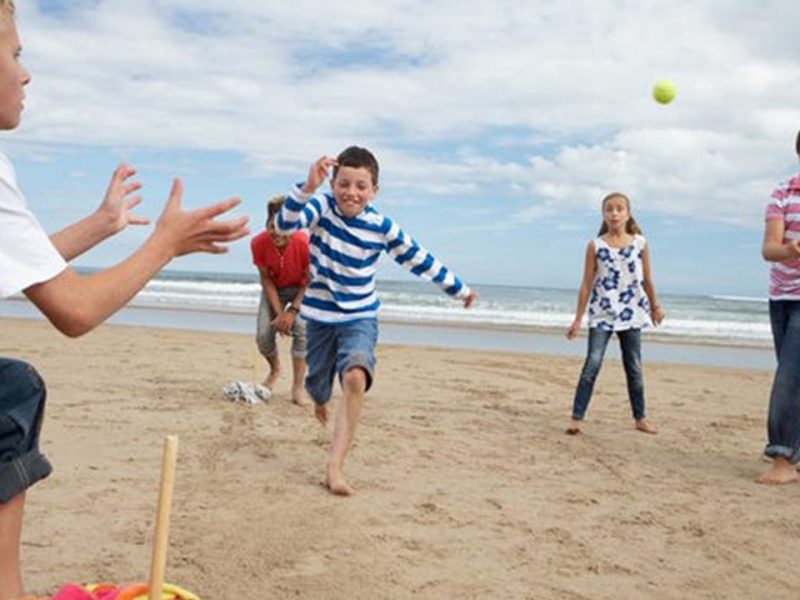
Is it literature or pornography? The book banning push comes to Tampa Bay
Tune in to a local school board meeting and you’ll see it — a new wave of parents speaking out on reading materials.
Tampa Bay Times | By Marlene Sokol | February 10, 2022
For Julie Gebhards, it began last spring when her 15-year-old daughter needed a book to read for English class.
Gebhards did some research about Toni Morrison’s The Bluest Eye, one of five titles from which the students could select.
“The first review I looked at listed every single different type of sexual encounter that you can imagine, including a graphic incestuous rape of a father to his 11-year-old daughter,” Gebhards said.
There was “a pedophile, and inside his mind, describing what he did to little girls. It was really, really disturbing. The list goes on and on.” She asked, “Who is putting this there, and to what end? And how many books are like this? And why?”
Gebhards now is a regular speaker at Hillsborough County School Board meetings, sharing salacious book passages as a foot soldier in a culture war that is spreading in the nation’s public schools.
She warns the live audience and those watching on livestream about the crass content of her message, then starts reading. Other parents sometimes follow suit, creating a kind of pornography segment at the School Board’s twice-monthly meetings.
Watch some of the comments at school board meetings below (contains explicit language):
If you can’t see the video on your mobile device, click here to watch it.
“I feel like it’s a wake-up call,” Gebhards said when asked if she is out for shock value. “It’s like, ‘Hey parents, did you know? And if you didn’t know, now you do.’”
Viewed in a broader context, this is an outgrowth of a parental rights movement that kicked into high gear during the months-long school masking debate last year.
“If you want to look at the light at the end of the tunnel as far as COVID goes,” said fellow parent and speaker Jessica Graham, it is “the awakening of parents to what is happening in the school system, and letting them realize that their voices matter. I think that is amazing, and I’m glad that parents are now standing up and saying, ‘You know what? As a parent I have rights.’”

Book challenges on the rise
Works of fiction and literature have long been targeted for a number of reasons, not just conservative values: witchcraft in J.K. Rowling’s Harry Potter series, racism in Mark Twain’s Adventures of Huckleberry Finn; Communism in George Orwell’s 1984, and radical Islamic themes in The Kite Runner, by Khaled Hosseini.
In late January, a school board near Seattle removed Harper Lee’s To Kill A Mockingbird from the required reading list, although individual teachers can assign it. The 1960 classic is sometimes criticized for racist language and the savior status of protagonist Atticus Finch, a white attorney in a Southern town.
While it is not unusual for parents to rise up against a book, organizations of school librarians say these controversies are increasing. According to the publication Education Week, the number of book challenges in 2021, although not yet available, is expected to be double or triple the 156 that were recorded in 2020.
And they are gaining political traction.
Republican governors Greg Abbott of Texas and Henry McMaster of South Carolina have called for investigations into school library books they describe as pornographic. In Virginia, Gov. Glenn Youngkin made parental involvement a central pillar of his campaign after airing an ad in which a parent was upset that her high school son was assigned Beloved, another Morrison novel.
Closer to home, two measures that would change the review process for books and other learning materials are working their way through the Florida Legislature. UnderSenate Bill 1300 and House Bill 1467, committees that advise school boards on the ranking, elimination or selection of books and other materials would have to include parents and community members.
And there would be a process through which school boards could remove or discontinue library books.
Sometimes law enforcement is brought in. In Flagler County, a school board member filed a sheriff’s complaint, saying George M. Johnson’s All Boys Aren’t Blue — also under attack in Hillsborough —violates state obscenity laws.
The speakers say they are supported by Moms for Liberty, a national grassroots organization with co-founders who include former school board members from Indian River and Brevard counties.
A rival parents’ organization called Red, Wine & Blue has a Ban Book Busters website that plots book challenges on a map and seeks to combat them.
A stressful climate
Hillsborough parents Gebhards and Graham said they are concerned specifically with inappropriate sexual content and are not looking for ways to weed out critical race theory, or writings that espouse any political ideology.
They said they are still researching the issue of books and book challenges. They have not yet formulated a game plan or made any specific demands. For now, Gebhards said she is concerned with “raising awareness and gaining influence.”
Still, the discourse makes for a stressful climate for the people who stock school libraries.
“Not every book is for every student,” said Kimberly DeFusco, supervisor of 6th- through12th-grade media services for Hillsborough County Public Schools.
“There are students, very often, who come into a library and pick something that is right for them. Or they decide it’s not right for them. So they return it, because it’s right for somebody else but not for them.”
DeFusco draws a distinction between books that are assigned or suggested by a teacher and those available in the media centers, which are entirely “self selected.”
Hillsborough School Board member Stacy Hahn, who has taken an interest in the issue, said the line is unclear.

“Library books are an extension of curriculum and materials,” she said. “I think if a parent has concerns about what’s in the library and what their child is reading, we need to have a process where they get answers.”
DeFusco said librarians welcome parents who wish to be involved in their children’s reading selections.
While the pandemic cut back on opportunities for adults to volunteer at school media centers, any parent can peruse the district’s digital catalogs and help their children make selections.
Media specialists in Hillsborough have educational credentials well beyond the state requirements, DeFusco said. She described an exhaustive process of selecting books, taking into account their literary strengths, the community’s demographics and the wide range of maturity and reading levels that exist at any school. “I wouldn’t want to change any of that,” she said.
But that might happen.
Hahn, who is so passionate about literacy that she organizes book drives and reading festivals, said she was surprised and troubled to hear passages parents have read at board meetings.
While not advocating any kind of ban or removal of books, she said she might introduce a board policy that would create a rating system, similar to what exists for games and movies.
She also wants parents to become better informed about potentially problematic material that their childrenencounter.
“I’m still exploring a lot of this myself to try and wrap my head around what can we do to make sure parents feel like they have options,” Hahn said.
‘Where do you draw the line?’
Others are less inclined to take their cues from parents
Board chairperson Nadia Combs, while making it clear that she respects the right of parents to speak out, worries about the “slippery slope” of limiting reading materials.

“Maybe a child at a school experienced something really horrible in their lives and they don’t have access to go to the (public) library, or they don’t have access to upload those books,” Combs said. “Maybe they need to read those books to understand. Where do you draw the line?”
Combs is also aware of the organized nature of the book protest movement, which at times traffics in misinformation.
For example, book challengers will sometimes state that Lawn Boy, a coming-of-age novel about a Mexican American man that contains sexual content, is in elementary school libraries.
The truth is that there are two books called Lawn Boy, and the one in elementary schools is about a child who started a landscaping business.Gebhards herself confused the two books and later corrected the error.
DeFusco said it is important to read controversial books in their entirety and not judge them on snippets that can be taken out of context.
Gebhards said she did read The Bluest Eye. The novel, Morrison’s first,tracks the descent into madness of an 11-year-old Black girl in a small Ohio town. Itexplores the troubled back stories of the child’s parents. Racism is a central theme, expressed through the girl’s belief that she is ugly, and her fervent desire to have blue eyes.
“Literature helps us understand lives that are different from ours,” DeFusco said.
“When we connect with literature, when we read about stories that are so drastically different from our experiences, we can build empathy. We can learn understanding. We can learn why I walk through the world the way I do, but not everybody has those same experiences. Literature is a great empathy builder.”
![A book club meeting at Tampa's Memorial Middle School. [Times (2019)] A book club meeting at Tampa's Memorial Middle School. [Times (2019)]](https://www.tampabay.com/resizer/sCGm-dKyzeSPhlZIXgQodF_-fAI=/620x0/smart/cloudfront-us-east-1.images.arcpublishing.com/tbt/CXVLX33TBBHMTFT2IFAX4GWDSA.JPG)
The speakers at School Board meetings say there is more at stake than the availability of prize-winning literature.
Some have suggested there is an agenda in the schools, to sexualize or desensitize children to adult activity and even groom them for sex trafficking. Exasperated one evening by this claim, Combs heldup her cell phone and told the audience: “If a child is reading a book, there’s not going to be someone who is going to be grooming them. The grooming comes with the phones that are readily available all throughout the school.”
Both sides are invoking the phrase “mental health.”
“If a child is reading books about, my gosh, suicide, what if that’s a very fragile child and nobody is walking them through it?” said Hahn, who hopes to arrive at a “middle space” in this polarizing topic.
“At the end of the day, they’re minors under our care.”





